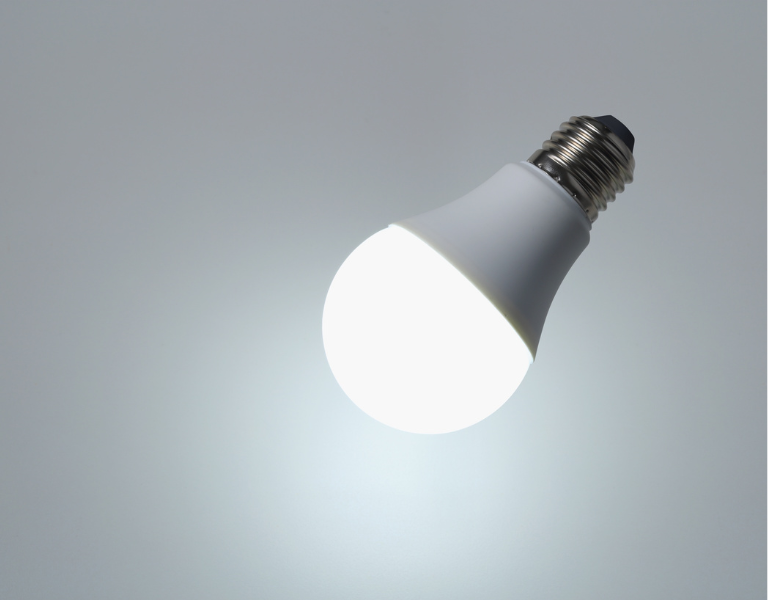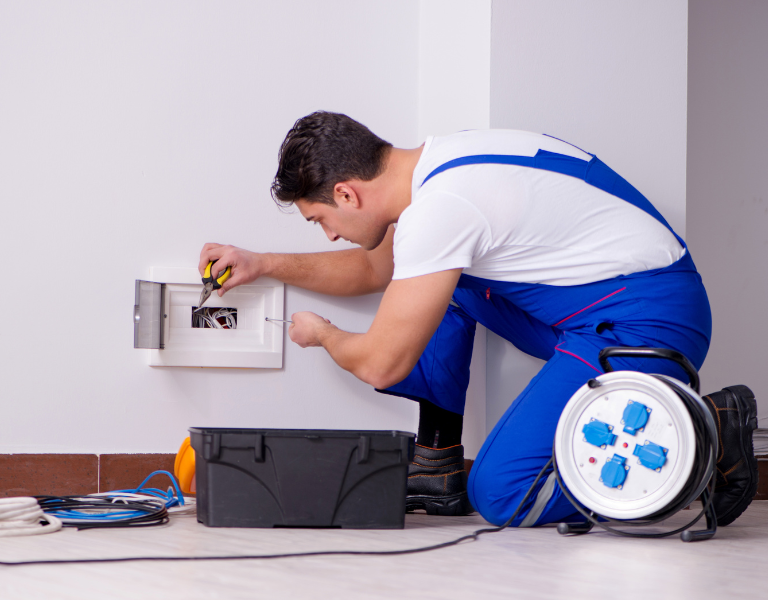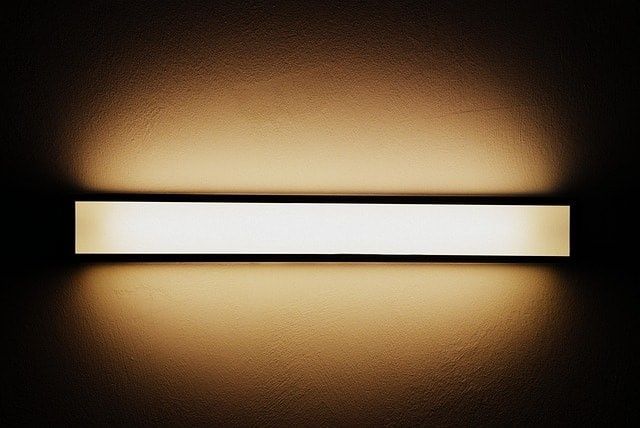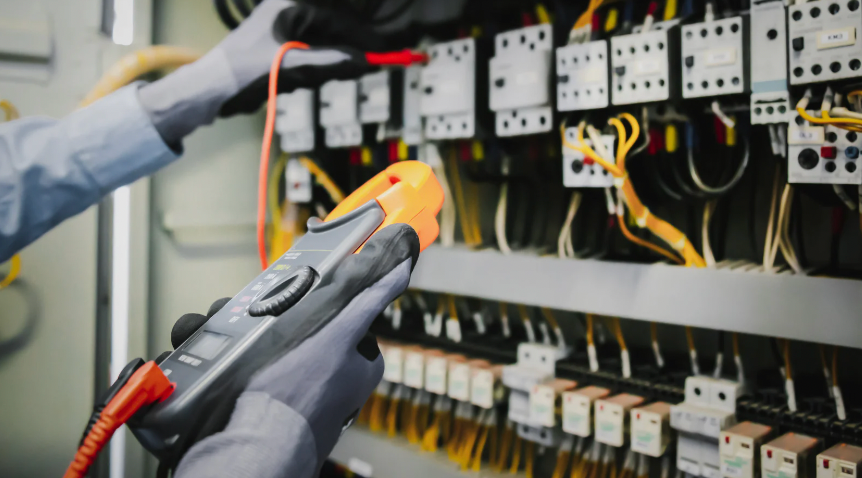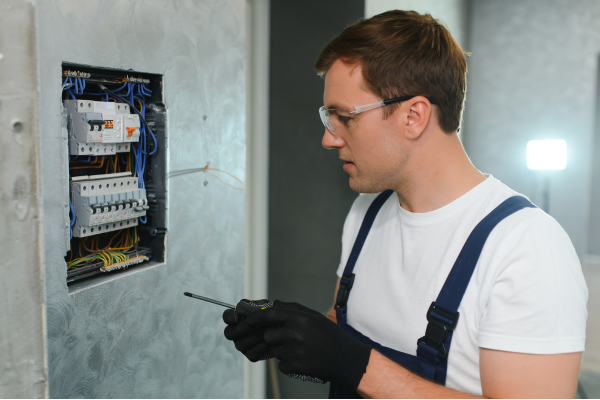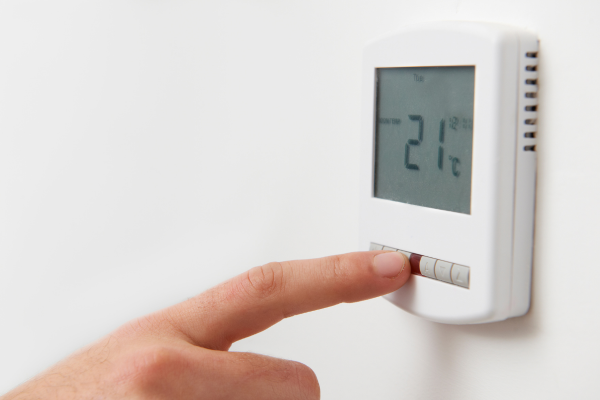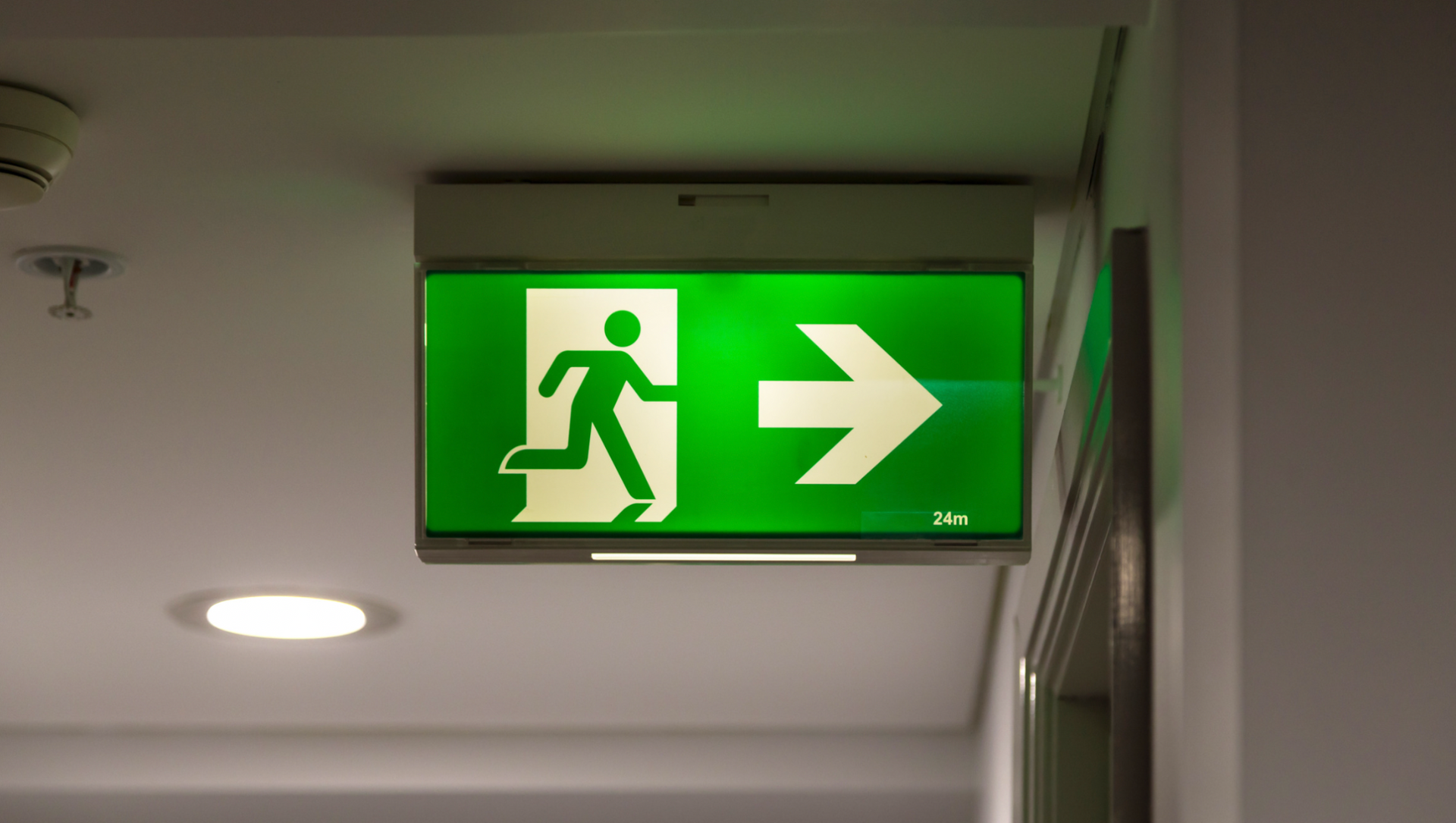The Real Cost of Landlord Electrical Safety Certificates: A Breakdown
As a landlord, keeping your property safe for tenants is a top priority, and ensuring electrical safety is part of that responsibility. But what does getting a Landlord Electrical Safety Certificate cost, and why is it so important? In this article, we’ll break down everything you need to know about the actual cost of obtaining these certificates and the impact on your rental properties.
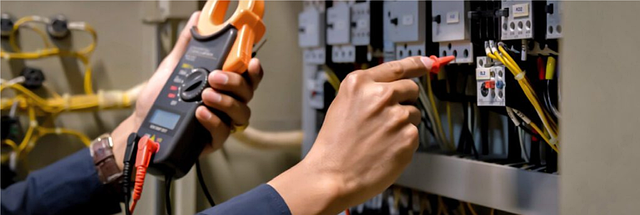
What Is a Landlord Electrical Safety Certificate?
A Landlord's Electrical Safety Certificate, often referred to as an Electrical Installation Condition Report (EICR), is an official document that certifies the safety of a property's electrical installations. It ensures that your property's wiring, circuits, and electrical systems function correctly and safely for tenants.
Why Is an Electrical Safety Certificate Important?
Electrical safety certificates aren't just a formality. They're crucial for ensuring tenant safety. Faulty electrical systems can lead to severe consequences like electrical fires or electric shocks, putting lives and properties at risk. The certificate also provides peace of mind to landlords and tenants by verifying that the property’s electrical systems meet current safety standards.
Legal Requirements for Landlords
Electrical Safety Regulations
Landlords in the UK are legally required to ensure the safety of electrical installations in rental properties. The law mandates regular checks to confirm that electrical systems are in working order and safe for tenants.
Building Control Body Oversight
Building control bodies ensure compliance with building regulations, mainly during major electrical work. This oversight guarantees that any installations or repairs meet national safety standards.
Understanding the Electrical Installation Condition Report (EICR)
The EICR is the most common form of Landlord Electrical Safety Certificate. It involves a qualified electrician conducting a detailed inspection of the property’s electrical systems to identify issues such as faulty wiring or outdated connections.
The Costs Involved with an EICR
EICR Certificate Costs
The cost of obtaining an EICR can vary based on the size and type of the property. On average, an EICR certificate may cost between £100 and £250, though prices can increase for more significant properties or those with complex electrical systems.
Factors Affecting the Cost of an EICR
Several factors can influence the cost of an EICR, including:
- Property size and number of circuits
- Location of the property
- The condition of the electrical installations
Other Electrical Safety Certificates for Landlords
Domestic Electrical Installation Certificate
In addition to the EICR, landlords may need a Domestic Electrical Installation Certificate when new electrical installations are made or significant changes occur.
Portable Appliance Testing (PAT)
Portable Appliance Testing (PAT) is another requirement for landlords who provide electrical appliances in rental properties. This test checks the safety of portable electrical equipment, such as kitchen appliances or space heaters.
Who Can Issue Electrical Safety Certificates?
Only Certified Electricians
Electrical safety certificates can only be issued by certified and qualified electricians. It’s crucial to hire professionals who are registered with the necessary regulatory bodies.
Qualified Electricians vs. Competent Electricians
While all qualified electricians can issue certificates, it is advisable to work with a competent electrician with experience with landlord safety regulations.
Electrical Safety Inspections: What They Cover
Electrical Systems and Components
An electrical safety inspection reviews the property's electrical systems, including wiring, fuse boxes, and electrical outlets.
Electrical Circuits and Connections
Inspections also check the integrity of electrical circuits and connections to ensure they are safely installed.
Electrical Fixtures and Appliances
Light fittings and other fixtures are also examined to verify they pose no safety risks.
Common Electrical Issues Found During Inspections
Faulty Electrical Wiring
Faulty wiring is one of the most common issues discovered during inspections. It can be caused by improper installation, wear and tear, or outdated materials.
Outdated Wiring
Outdated wiring may not meet current safety standards and could be prone to causing electrical fires.
Improper Electrical Connections
Incorrectly connected circuits and appliances can lead to short circuits and electric shocks.
The Potential Costs of Neglecting Electrical Safety
Risk of Electric Shocks
Neglecting electrical safety can lead to severe consequences like electric shocks, which can cause injury or even death.
Electrical Fires
Faulty electrical wiring is one of the leading causes of domestic fires, which could devastate your property and lead to costly repairs.
Property Insurance Implications
Failure to obtain proper safety certificates may void your property insurance, leaving you financially vulnerable in an accident.
The Frequency of Electrical Safety Inspections
EICR Inspections and Testing
It is recommended that an EICR inspection be conducted every five years or when tenants change, whichever comes first.
Electrical Tests and Electrical Safety Check Costs
Regular electrical tests ensure a property's continued safety and basic checks typically cost between £ 50 and £ 150.
Understanding the Cost Breakdown
Labour Costs
Hiring a certified electrician is the primary cost, with labour charges varying by location and complexity.
Certificate Cost
The cost of issuing the certificate itself can range from £100 to £250, depending on the property size.
Additional Work Costs
If the inspection uncovers any issues, additional costs may be incurred for repairs or upgrades to bring the property up to standard.
How to Choose a Professional Electrician
Certified Electricians vs. Competent Electricians
Ensure you hire a certified professional, as only they can issue the necessary certificates for compliance.
Peace of Mind with the Right Electrician
Hiring the right electrician gives you peace of mind that the job has been done correctly and according to legal requirements.
Conclusion
Understanding the actual cost of landlord electrical safety certificates is essential for maintaining compliance and ensuring tenant safety. While the costs may vary, the importance of these inspections must be balanced. They protect tenants from electrical hazards and provide landlords with peace of mind, knowing their properties are safe and up to code.
FAQs
How much does an EICR certificate cost?
EICR certificates typically cost between £100 and £250, depending on the size and complexity of the property.
How often do landlords need an electrical safety certificate?
Landlords should get an EICR every five years or when a new tenant moves in.
Can I perform an electrical safety check myself?
No, electrical safety checks must be carried out by certified electricians.
What happens if my property fails the EICR?
If your property fails, you must repair it to meet safety standards.
Is it mandatory to get a Portable Appliance Test (PAT)?
While not always mandatory, PAT is strongly recommended if you supply electrical appliances in your rental property.

